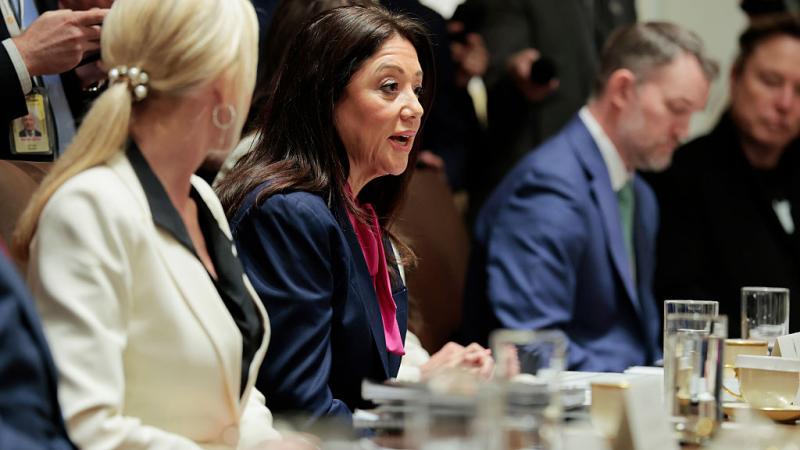New Border Patrol policy 'restricts pursuits' of suspects
The new policy states that agents may terminate a pursuit "at any time, for any reason" without question.
Customs and Border Protection has issued a new policy that "restricts pursuits in certain circumstances" and "prohibits" certain driving procedures that are deemed dangerous when tracking suspects.
The policy, set to go into effect in May, "restricts pursuits in certain circumstances that are considered especially dangerous and also prohibits specific emergency driving procedures that have proven unsafe or ineffective," the border agency announced Wednesday.
The policy comes after record numbers of illegal migrants came to the United States last fiscal year.
"This updated policy does not prohibit vehicular pursuits," but it encourages officials to "consider other available means of apprehending suspects," the agency also said in the announcement.
Pursuits may not occur if a vehicle appears to be "overloaded" with excess cargo or passengers, if a vehicle is driving too erratically or fast, if the weather conditions impair visibility or if road conditions increase the risk of losing control, among other things in the new policy.
Officers are now told to consider "the severity of [the] crime at issue" and "whether the subject poses an Imminent Threat to the safety of the officers/agents or others, not including reckless driving in an attempt to evade arrest," according to the directive.
The new policy also makes it easier to terminate pursuits and limits the officers who can participate in chases.
Agents may terminate a pursuit "at any time, for any reason" without question under the new policy.
The old policy stated that officers "shall self-terminate any vehicle pursuit when they determine that the law enforcement benefit of continuing the pursuit no longer outweighs the risk to the public if the suspect(s) remain at large."
Supervisors were previously allowed to terminate pursuits at their discretion so long as a rationale and documentation were provided.
Only CBP officers trained to engage in emergency driving and vehicular pursuits are allowed to do so and the chases must be "deemed to be Necessary and Objectively Reasonable" under the new measure.
Before this, officers needed to be trained in offensive driving techniques before participating in a pursuit but other Border Patrol personnel were able to be "exempted and authorized" by the appropriate authorities to engage in a chase, according to the former policy.
















